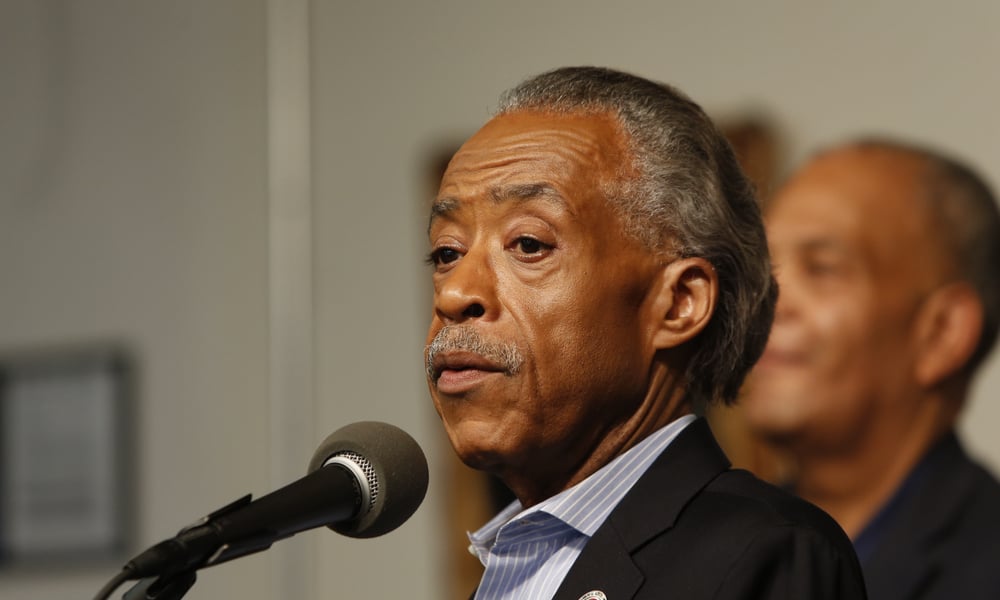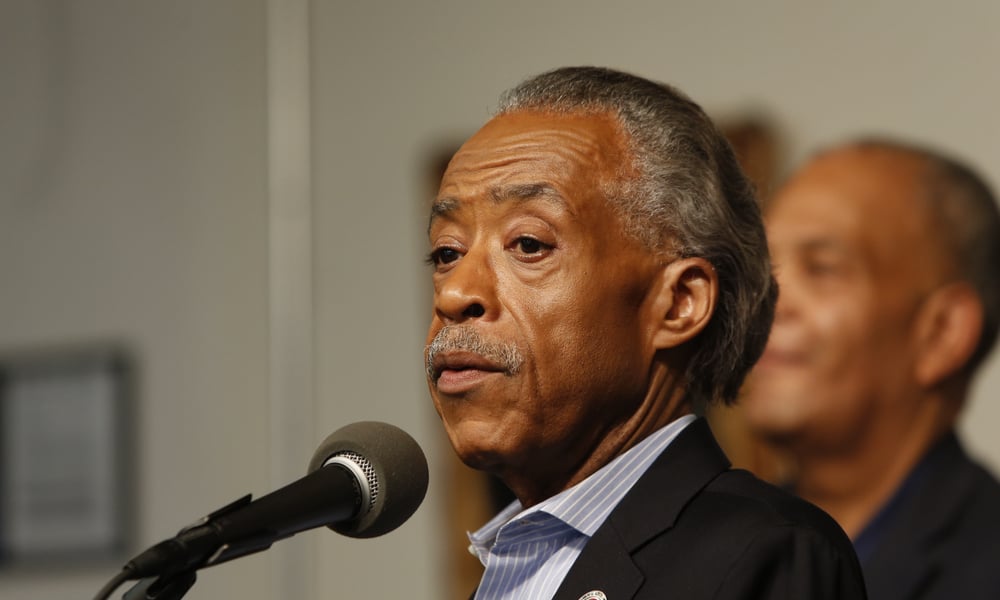
With New York Gov. Andrew Cuomo setting the legalization of recreational cannabis as a goal for his new term, civil rights leader Rev. Al Sharpton is calling for justice, rather than profit, to guide the effort. In an op-ed published by NBC on Friday, Sharpton said that cannabis legalization is a civil rights issue.
“Legalizing marijuana is a civil rights cause that the National Action Network has championed for years because of the potential economic benefit for low-income communities across the country, and thus we commend the governor for taking the lead on this issue,” Sharpton wrote.
On Monday, Cuomo announced that legalizing cannabis would be a priority for his second term in office, which begins next month. Sharpton believes that the benefits of legal cannabis should be shared by the communities hardest hit by the War on Drugs.
“As we prepare to join states like California, Washington, and Oregon in embracing legal use and the economic future that will follow, we cannot forget those haunted by the ghosts of marijuana law’s (hopefully soon) past: People of color and the formerly incarcerated,” he wrote.
Sharpton noted that despite similar rates of cannabis use among races, minorities face legal consequences far more often.
“Data from the New York State Division of Criminal Justice Services shows that 93 percent of the people arrested for marijuana possession in New York City from January to March of this year were non-white,” he said. “That’s up compared to all of 2017, when 86 percent of arrests were of people of color.”
The impact of this racial injustice continues long after arrest and punishment. Convictions for marijuana offenses are often used as the basis for the denial of rights and social services.
“For decades, New York’s dark history of racist and classist drug enforcement policies deprived countless black and brown residents across the state of access to education, employment, federal housing and the right to vote, ruining the livelihoods of individuals and families,” Sharpton continued.
Social Equity in Legalization
To address the issue, Sharpton said that “any marijuana legalization bill should create an easy and expedited process to expunge non-violent marijuana convictions from criminal records, expand re-entry programs to people affected by pre-legalization marijuana arrests and give priority for licensure to women and minority-run businesses, as well as nonviolent offenders who had been convicted on past marijuana charges.”
Sharpton hailed the work of We Rise to Legalize, a coalition of social justice advocates working to legalize cannabis in New York State in a framework with provisions for social equity programs.
“When the profits from legal sales do come, ‘We Rise to Legalize’ will work to reinvest profits from pot businesses into minority communities most harmed by the current drug laws and create sustainable jobs in the marijuana industry for those who need them most,” Sharpton said.
He added that while progress on cannabis policy reform has been made, New York could see more benefit with full legalization.
“Some progress has been made over the past 20 years, as the New York City Police Department and district attorneys across New York City have adopted less archaic policies around policing, prosecution, and sentencing for marijuana crimes,” said Sharpton. “A legal adult use program will continue to generate savings for state law enforcement, decreasing police time, court fees and prison and administrative costs.”
Sharpton concluded the editorial by calling for the benefits of cannabis legalization to be shared by all communities.
“As we race towards a bright future of legalized marijuana in New York, we cannot continue to leave the most vulnerable in the dark.”











